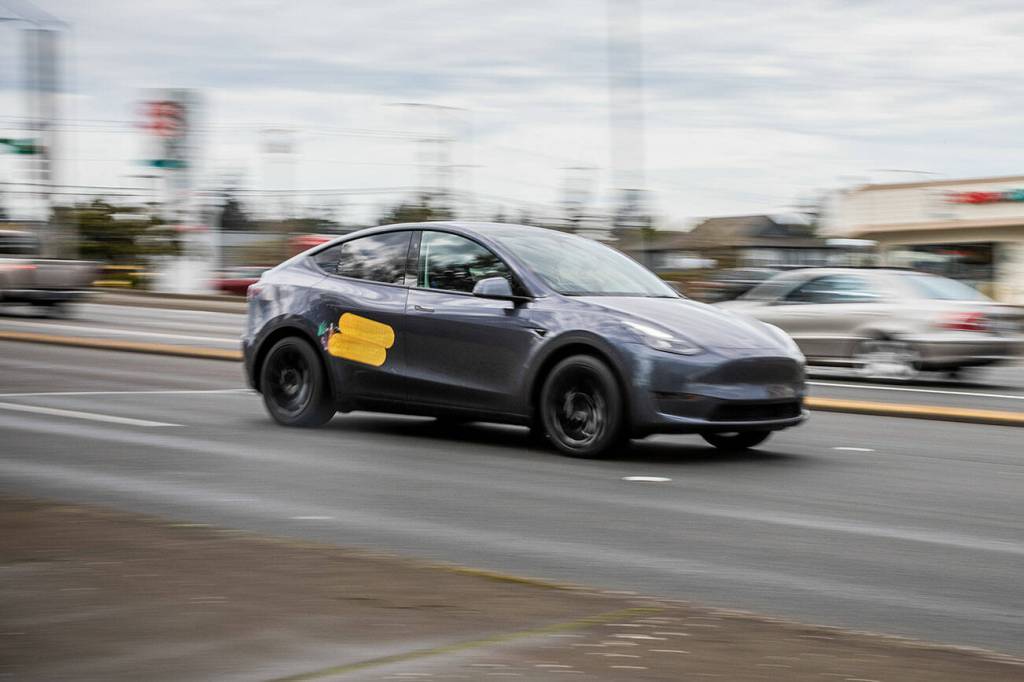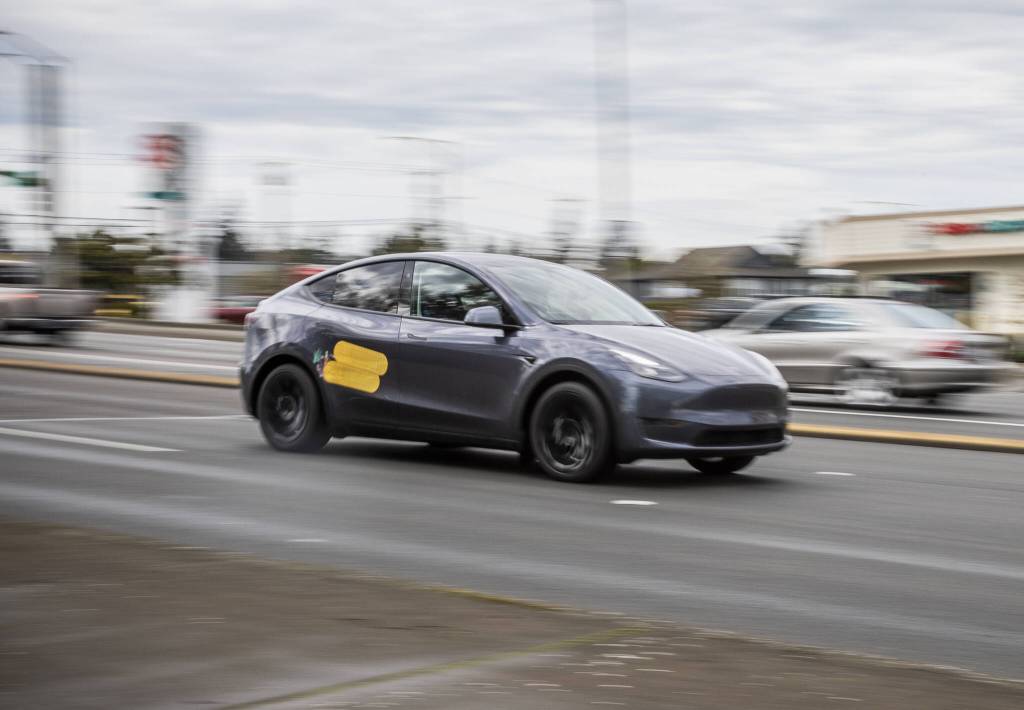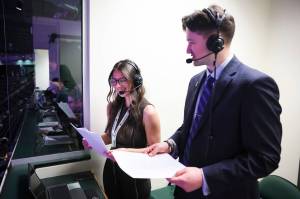Washington faces uncertain future of Clean Air Act regulations
Published 10:30 am Wednesday, April 2, 2025


EVERETT — The Environmental Protection Agency’s recent plans to roll back 31 rules and policies pose a challenge for state officials responsible for protecting some of the country’s most progressive climate change policies.
Christine Cooley, executive director of Puget Sound Clean Air Agency, said the EPA announcement raises questions about the future of Washington’s air pollution laws.
“Climate change is a global issue, and for the federal administration to be pulling back on some of our commitments is really disheartening to see,” Cooley said in an interview on March 17. “I will say we are very fortunate in the state of Washington that we have strong protections at the state level that are serving as a backstop for some of the federal rollbacks.”
In his announcement on March 12, EPA Administrator Lee Zeldin announced the agency will undertake 31 historic actions in the “greatest and most consequential day of deregulation in U.S. history.” The announcement is among numerous executive orders and federal agency briefings from President Donald Trump, some of which have been reversed or temporarily blocked by litigation.
In Cooley’s mind, the federal government’s intent to “reconsider” emission and pollution standards for various cars and trucks could have the biggest impact on Washington’s environment.
Vehicles emit nearly half of all greenhouse gas emissions in Washington, according to the state’s Department of Ecology. Additionally, more than half of Washington’s residents have at least one medical condition that is made worse by air pollution.
Over the years, Washington has begun to aggressively tackle vehicle air pollution and emissions.
In 2022, Washington adopted California’s stringent vehicle emissions standards, which mandated that sales of new passenger cars, light-duty trucks, and medium-duty vehicles must be 100% emission-free by 2035. The law also requires cleaner-burning engines in medium and heavy-duty trucks.
Even before the March 12 announcement, the EPA started to take action against other policies that could affect Washington’s ability to enforce its pollution laws.
Under the Clean Air Act, the federal policy dictating air pollution and emission standards, states have two options for regulating vehicle emissions. They can adopt the minimum federal standards or adopt their own, more protective standards, like Washington, California and 15 other states have chosen to do.
Former President Joe Biden’s administration granted multiple policy waivers to California, allowing the state to enforce specific standards. But in February, the EPA announced it was sending those waivers to Congress in hopes of revoking them.
Since Washington has adopted many of California’s pollution standards, if those waivers are rescinded, Washington would also be unable to enforce its laws.
Under the Congressional Review Act, Congress can appeal rules passed by federal agencies, but the Government Accountability Office determined on at least two separate occasions that the waivers allowing California to enforce its own vehicle regulations don’t qualify as rules.
“We’re kind of in uncharted territory. We don’t know if this approach the federal government is taking is going to lead anywhere or not,” Department of Ecology Zero Emissions Vehicle Specialist Josh Grandbouche said in an interview on Tuesday.
For now, Ecology said it’ll continue to enforce Washington’s regulations.
“We don’t know what’s coming next, but we do know where we where we want to go,” Grandbouche said.
Grandbouche said federal funding from the Federal Highway Administration, once considered in doubt by state officials, is now moving forward. That $102 million will support Washington, Oregon and California in creating a truck charging network along I-5.
Eliza Aronson: 425-339-3434; eliza.aronson@heraldnet.com; X: @ElizaAronson.
Eliza’s stories are supported by the Herald’s Environmental and Climate Reporting Fund.






